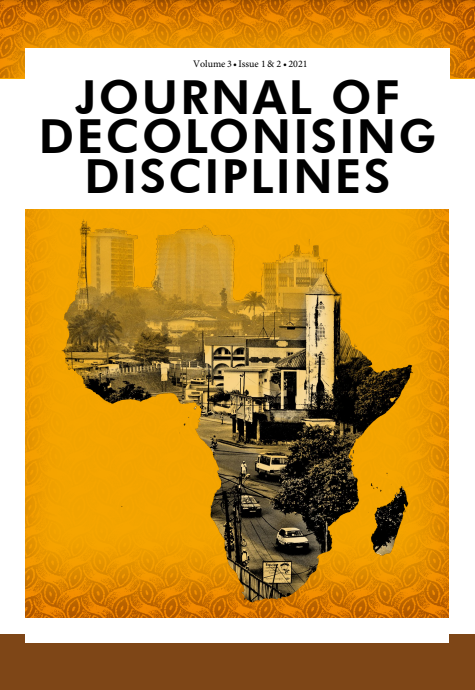A Critical Reflection on Neoliberalism Policies and Neo-colonialism at African Universities
DOI:
https://doi.org/10.35293/jdd.v3i2.3546Keywords:
Neoliberalism, public universities, policies, funding, challenges, decolonialityAbstract
This article aims to explore the challenges that institutions of higher education in Africa continue to encounter following the implementation of neoliberalism policies, which brought major changes to the structure and management of higher education. The most notable changes were the re-conceptualisation of education from being a public good to a private good and the introduction of cost-sharing policies. This shift had implications for the funding and restructuring of higher education. Literature is replete with examples of a myriad of challenges faced by students and higher learning institutions due to the disruption. Besides, academic freedom has been compromised and at some institutions courses deemed ‘nonmarketable and less attractive’ have been terminated. Freedom to explore, think and educate has been hampered by impositions from donor nations. In view of this, the article argues that, although entrenching neoliberalism in African universities has changed the structure and management of institutions, it also resulted in an increase in the cost of education related businesses. The article notes that the policy shift continues to make higher education inaccessible to the majority of students from poor families. The trajectory of these changes started in the 1980s, when the World Bank championed a new economic model that introduced a new cost-sharing mechanism based on Structural Adjustment Programmes (SAPS). The orientation of this shift was towards marketisation, and the privatisation of higher education affected students and universities in different ways. Outside pressure from multinational agencies continues to shape the operationalisation of higher education in Africa. This article views such pressure negatively as it is reminiscent of colonialism and can cause universities to lose their identities and autonomy. Based on a conceptual analysis of secondary literature and data, the article concludes that African universities have to problematise and engage critically with neoliberalism policies and resist secondary
colonialisation by exercising greater autonomy regarding decisions that affect their constituencies, the courses being offered and the general goal of education to promote the public good. The disruption of academic programmes and needy students’ lack of access to higher education ought to be addressed.


